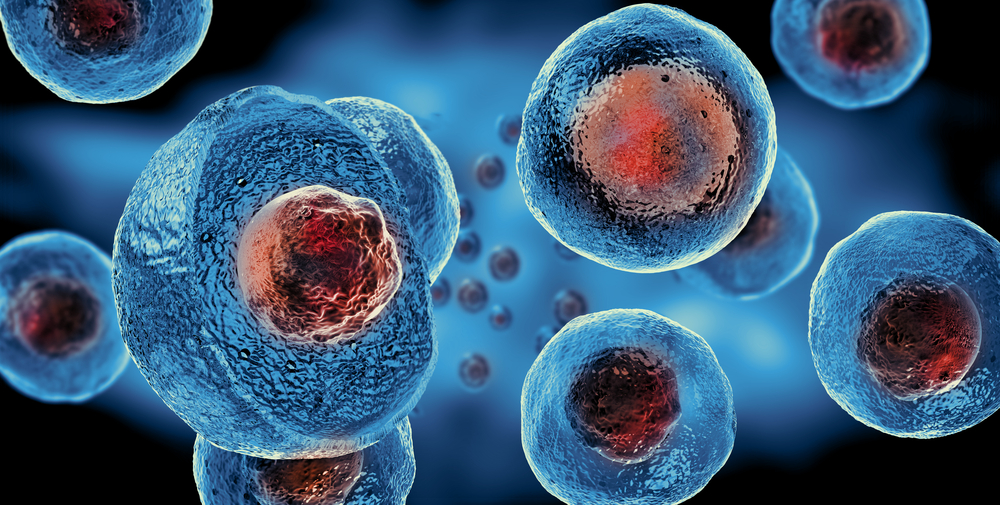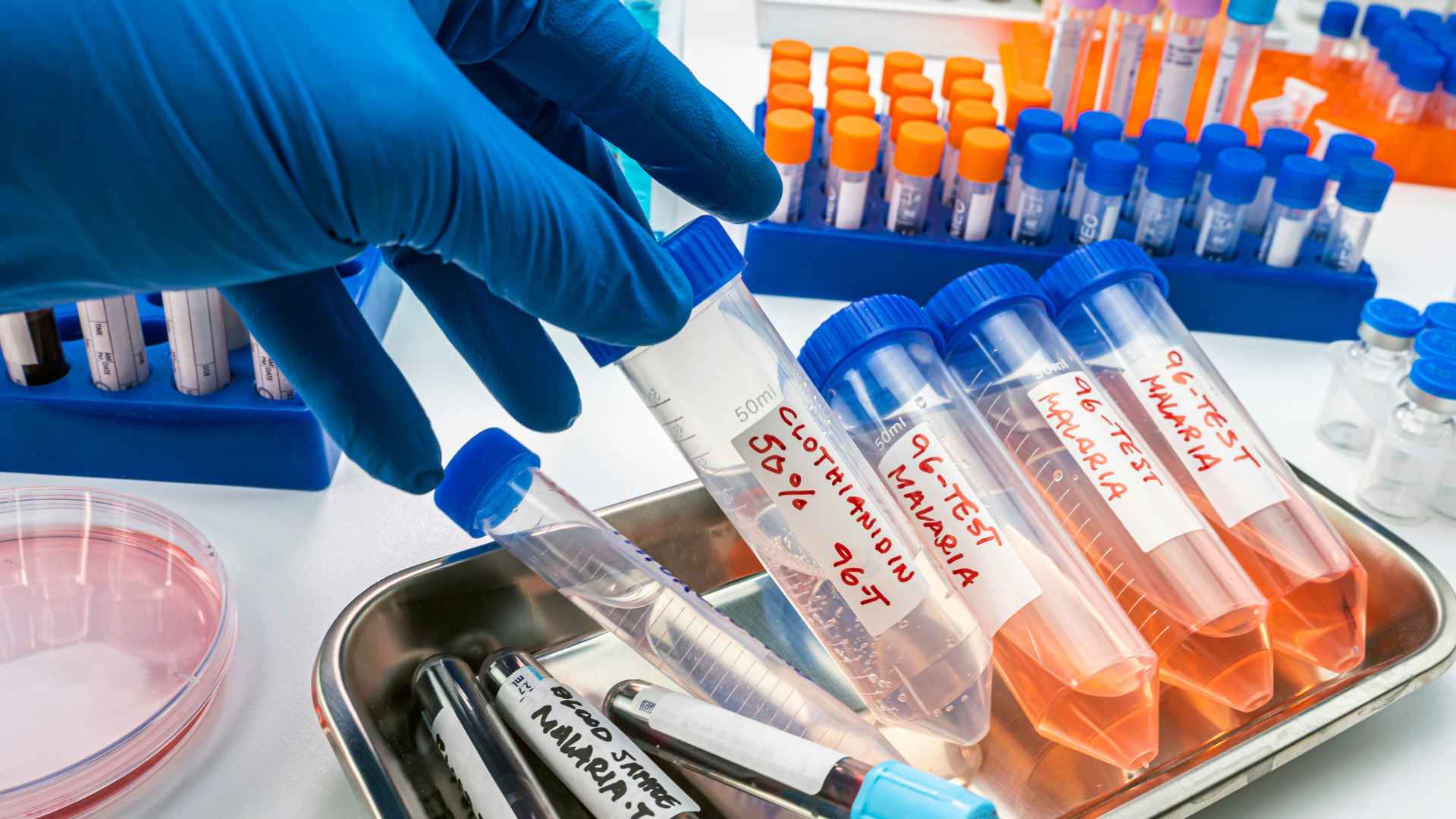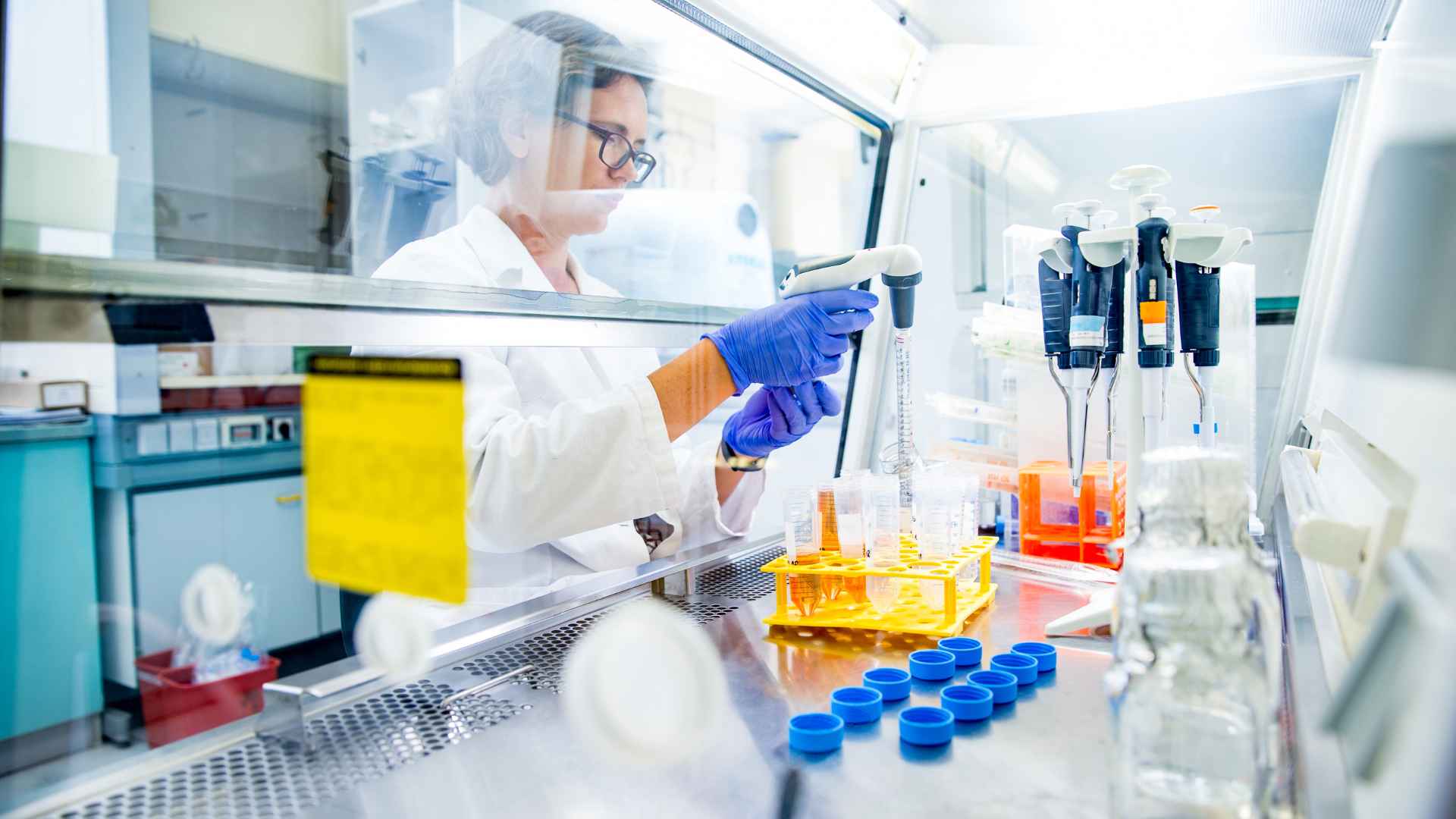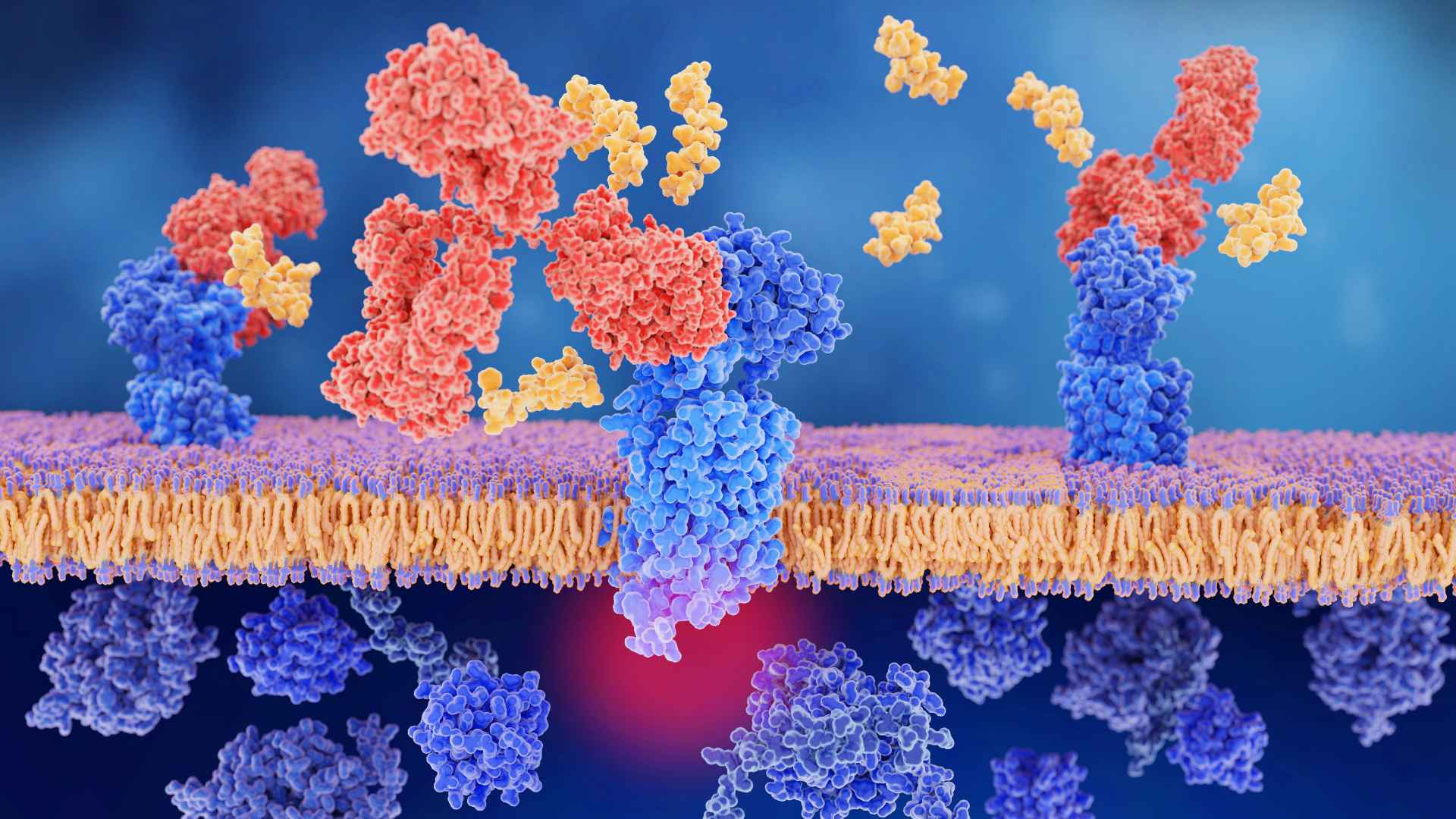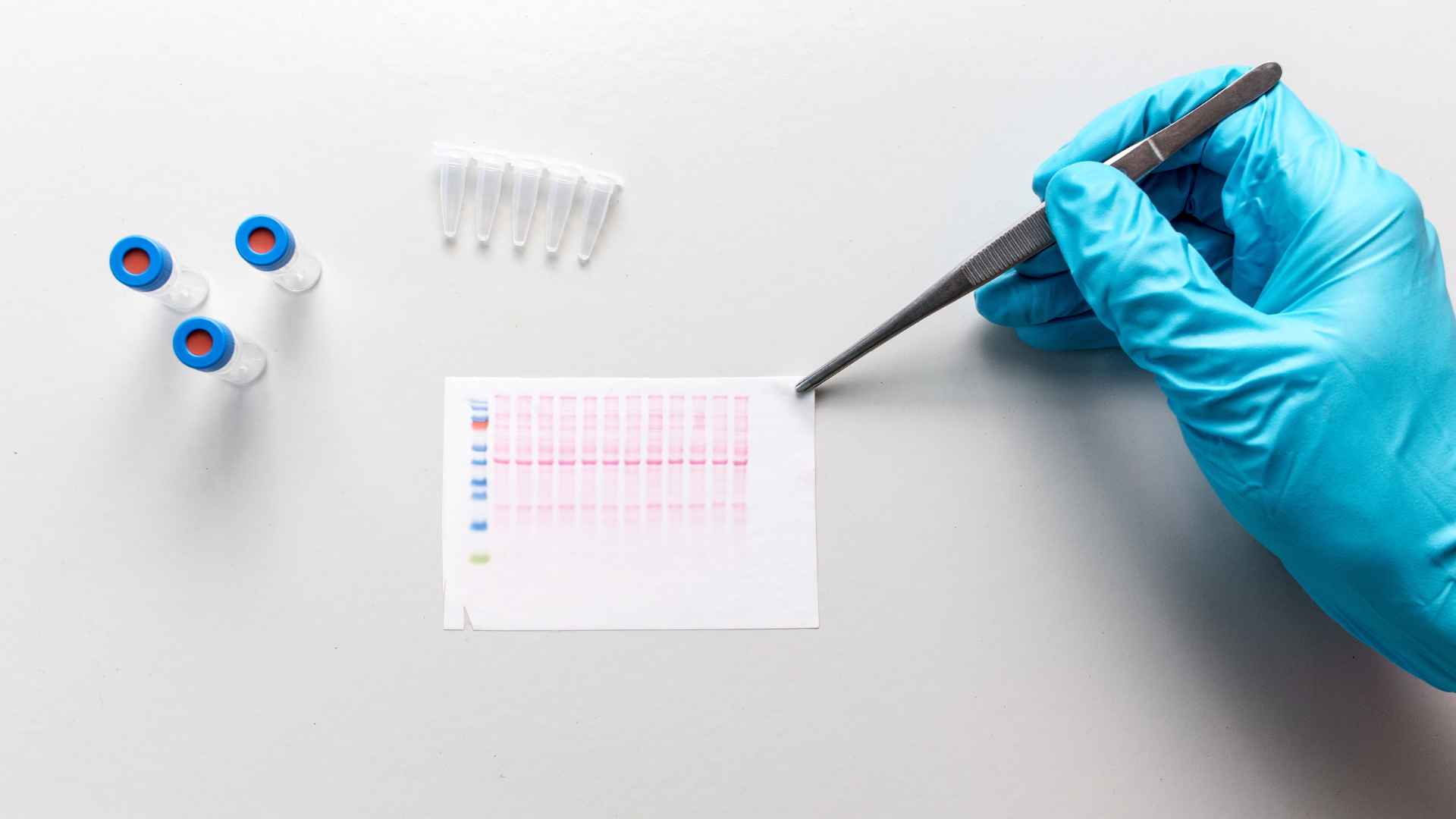The location of proteins within a cell provides important information about the functions of the protein. For understanding protein functions and diseases, such as cancer, the study of protein localization and translocation is becoming increasingly important.
Cellular and disease processes depend on the translocation and localization of proteins. Often, protein translocation can be tested by isolating specific compartments of cells by differential ultracentrifugation or by sequential extraction of individual cellular components.
By fractionating subcellular proteins, it is possible to discover protein localization, reduce sample complexity for proteomics, and monitor metabolic fluxes and redistributions under basal and diseased conditions.
It’s challenging to extract cellular components from tissue samples while minimizing contamination from other compartments, whether in cell culture systems or animal models.
Our team at Da-Ta Biotech can help you fractionate these proteins and structures. We can assist you with optimizing stepwise separation, enrichment, and extraction of proteins from cytoplasm, membrane, nuclear, chromatin-bound, and cytoskeletal fractions. Furthermore, mitochondria, lysosomes, and synaptosomes can also be isolated and enriched.

